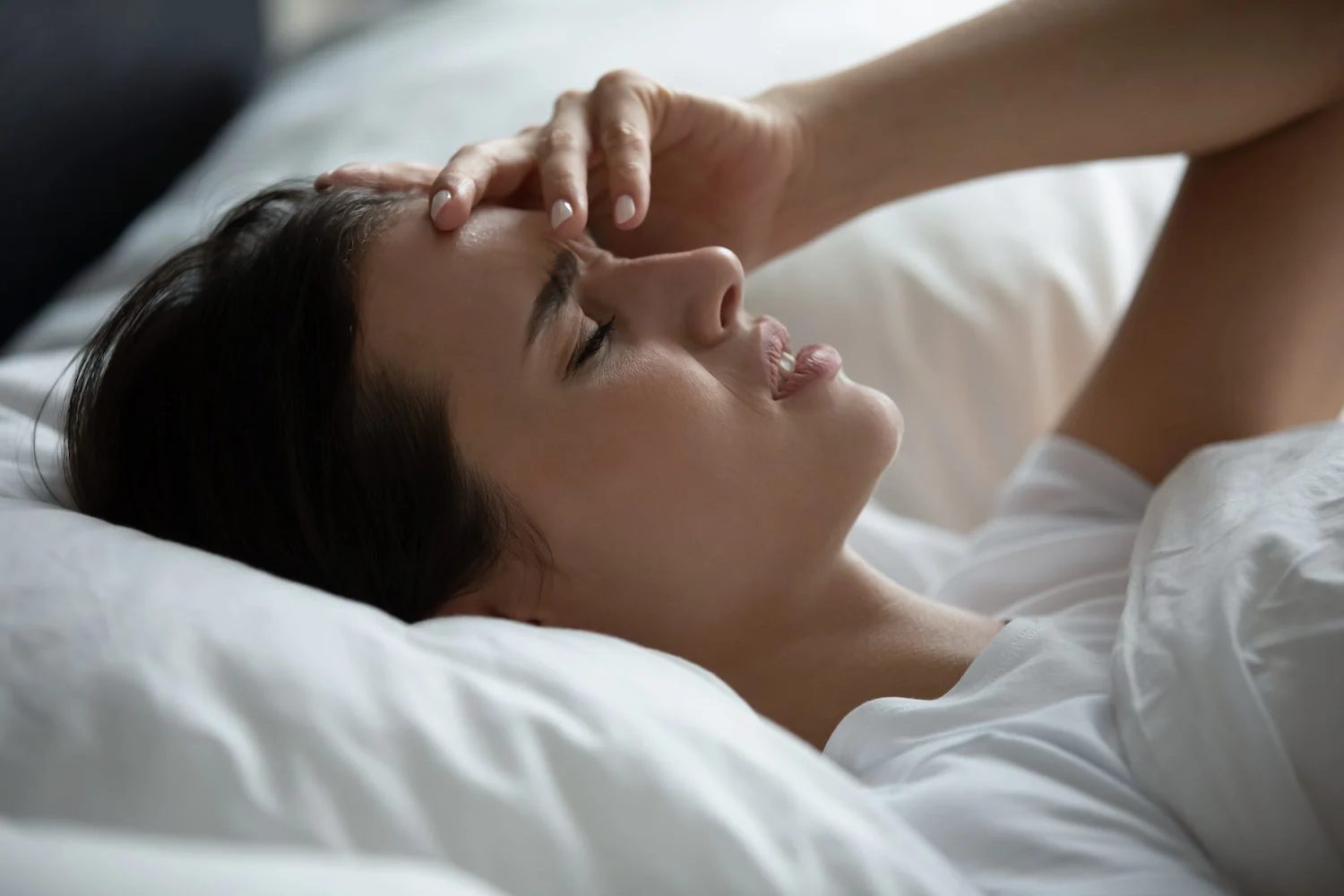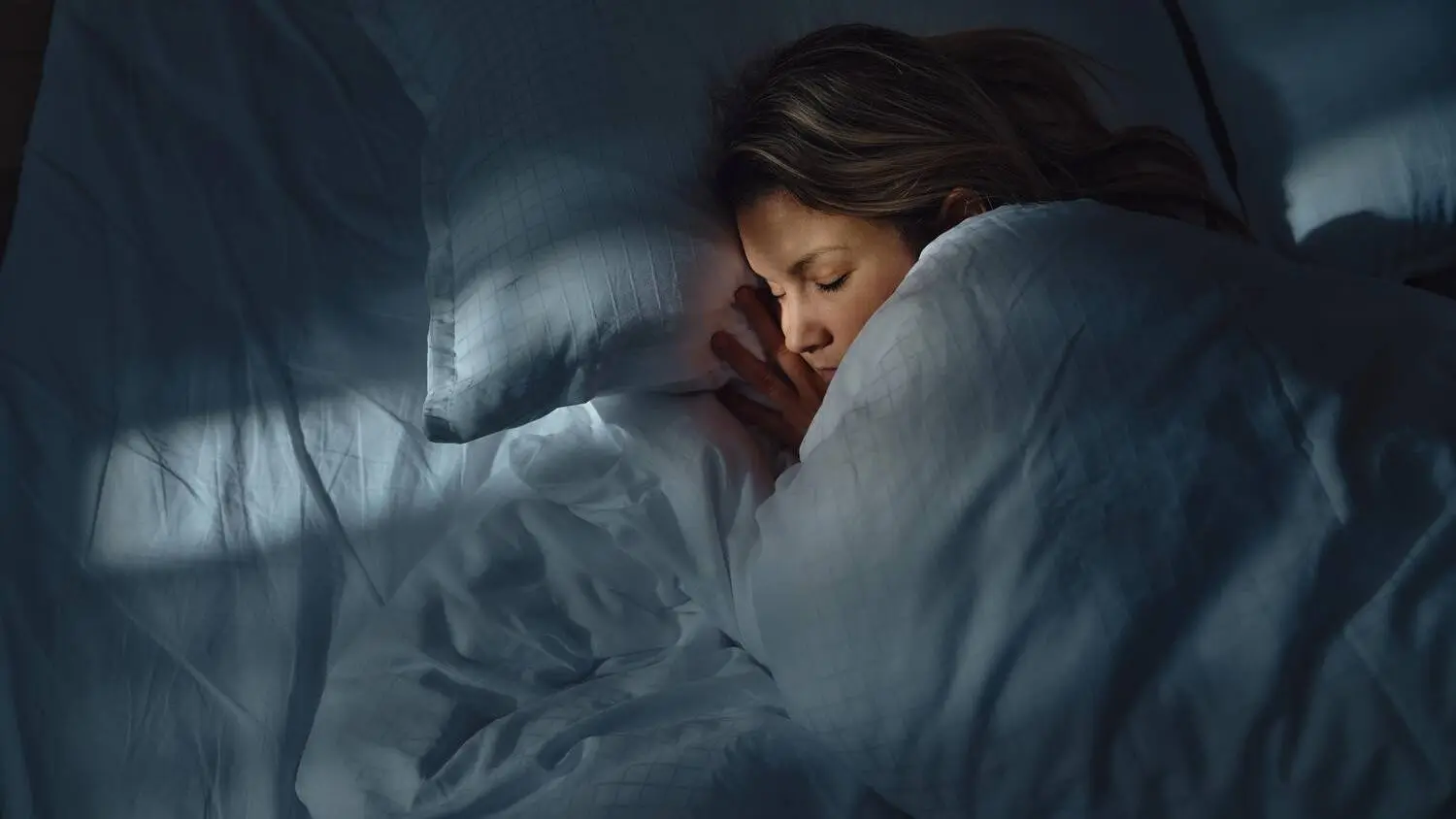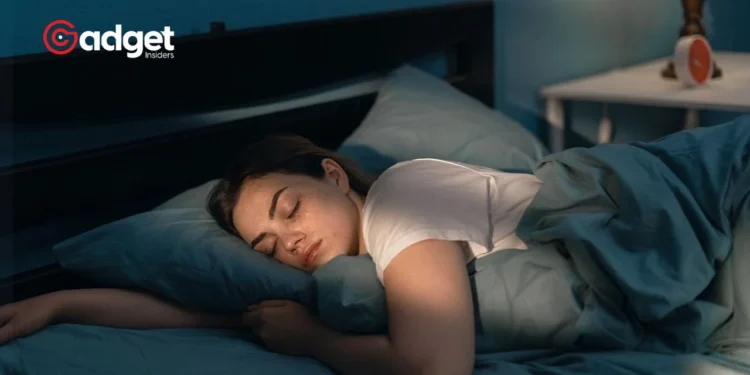For countless individuals, the quest for sufficient sleep seems like a never-ending battle. Amidst the bustling demands of modern life, the CDC highlights a startling statistic: one in three adults in the U.S. feels deprived of needed rest. This deficit not only impairs day-to-day activities by diminishing attention, judgment, and emotional stability but also poses long-term health risks including heart disease, obesity, and mental health disorders.

The oft-suggested remedy to “go to bed earlier” doesn’t quite cut it for the 30 million Americans grappling with insomnia. Lying awake, the night becomes a frustrating stretch of restlessness. However, recent insights from the University of Montréal suggest that our perception of sleep may not be as bleak as we think.
A Closer Look at Dreams and Sleep Perception
At the forefront of this intriguing revelation is Claudia Picard-Deland, a researcher who believes in turning the spotlight towards an often-overlooked aspect of sleep: our dreams. “Dreams are not studied a lot in the context of sleep quality,” Picard-Deland remarks. “The focus is more often on objective measures like brain activity or sleep stage, but I think we need to look closer at dream activity and its impact on how we perceive sleep.”
If you dream of good quality sleep yet the reality is more of a nightmare, our tips may help. ⬇️ pic.twitter.com/9aXtwb8nQT
— Chislehurst Chiro (@ChislehstChiro) April 17, 2024
In a groundbreaking approach, Picard-Deland and her team embarked on a detailed analysis involving 20 individuals described as “good sleepers.” The methodology was unique: participants were awakened multiple times throughout the night to report their state of consciousness, the depth of their sleep, their last thoughts, and their engagement in dreams. Simultaneously, the researchers conducted brain activity measurements to verify actual sleep stages.
Surprising Findings on Sleep Perception
The preliminary findings of this study might offer a silver lining for those who spend their nights in a state of perceived wakefulness. The data suggests that even when individuals feel they are barely sleeping, their brains may actually be cycling through various sleep stages, including those associated with deep sleep and dreaming.

This research challenges the traditional reliance on subjective sleep quality assessments and underscores the complexity of sleep as an experiential process. As Picard-Deland notes, understanding the nuances of dream activity could significantly alter our understanding of what it means to get a good night’s sleep.
Implications for Sleep Science and Personal Health
The implications of these findings are profound. By shifting the focus from conventional sleep metrics to the realm of dreams and personal sleep perception, there could be a paradigm shift in how sleep quality is assessed and addressed. This could lead to more personalized sleep interventions that consider both psychological and physiological factors.

For millions struggling with insomnia and sleep disturbances, this research offers a hopeful perspective that perhaps they are receiving more rest than they realize, providing a foundation for new therapeutic strategies that focus on enhancing the quality of sleep through a better understanding of dream activity.
In conclusion, while the battle for a restful night continues, the insights from the University of Montréal illuminate a new path forward in sleep science. It’s a journey that not only challenges our understanding of sleep but also holds the promise of rediscovering the true essence of rest through the gateway of our dreams.










